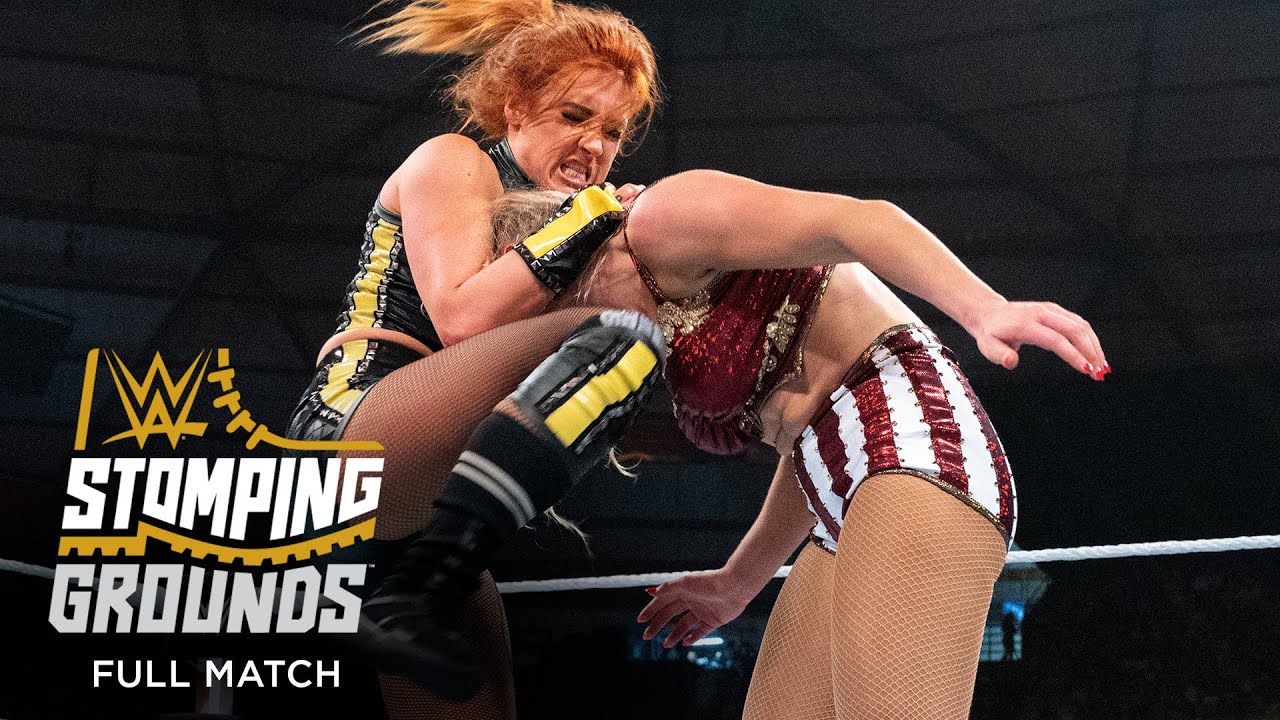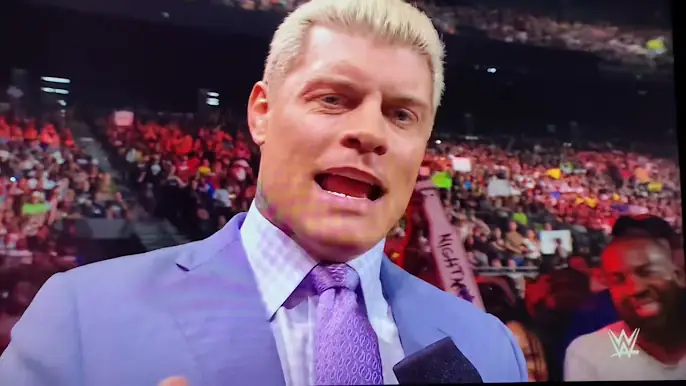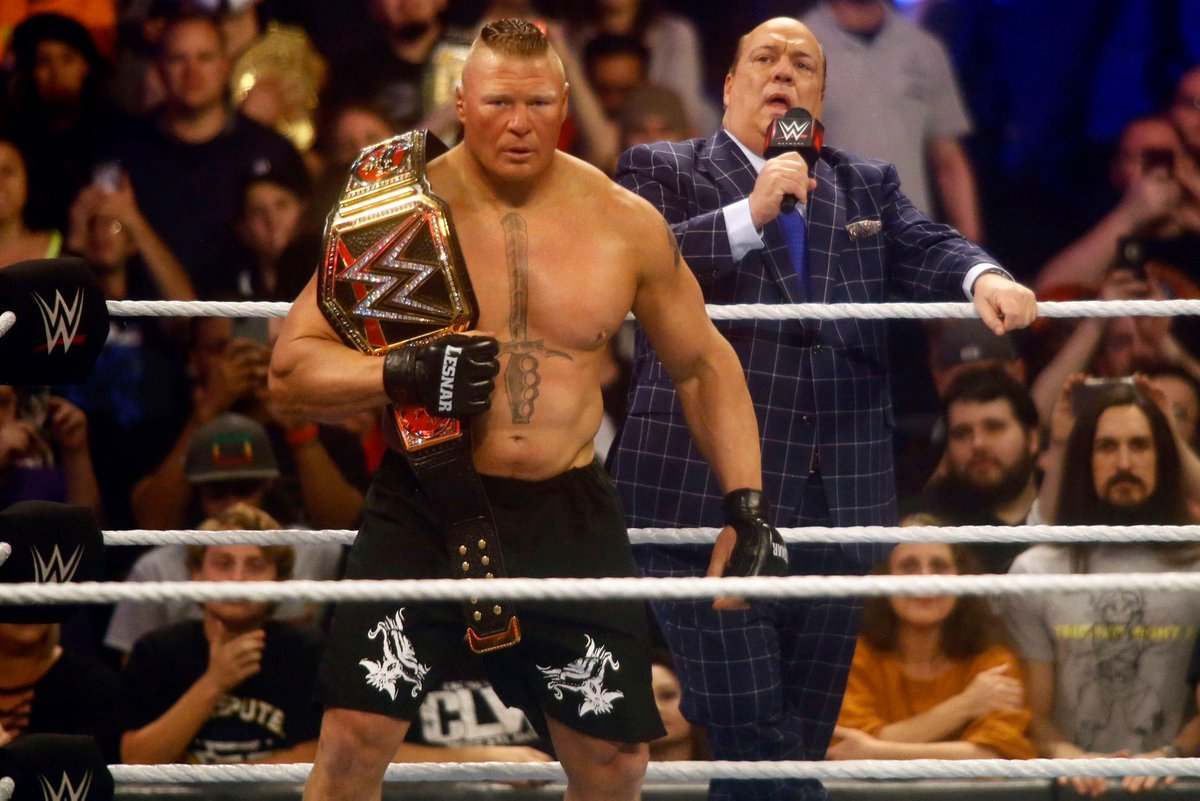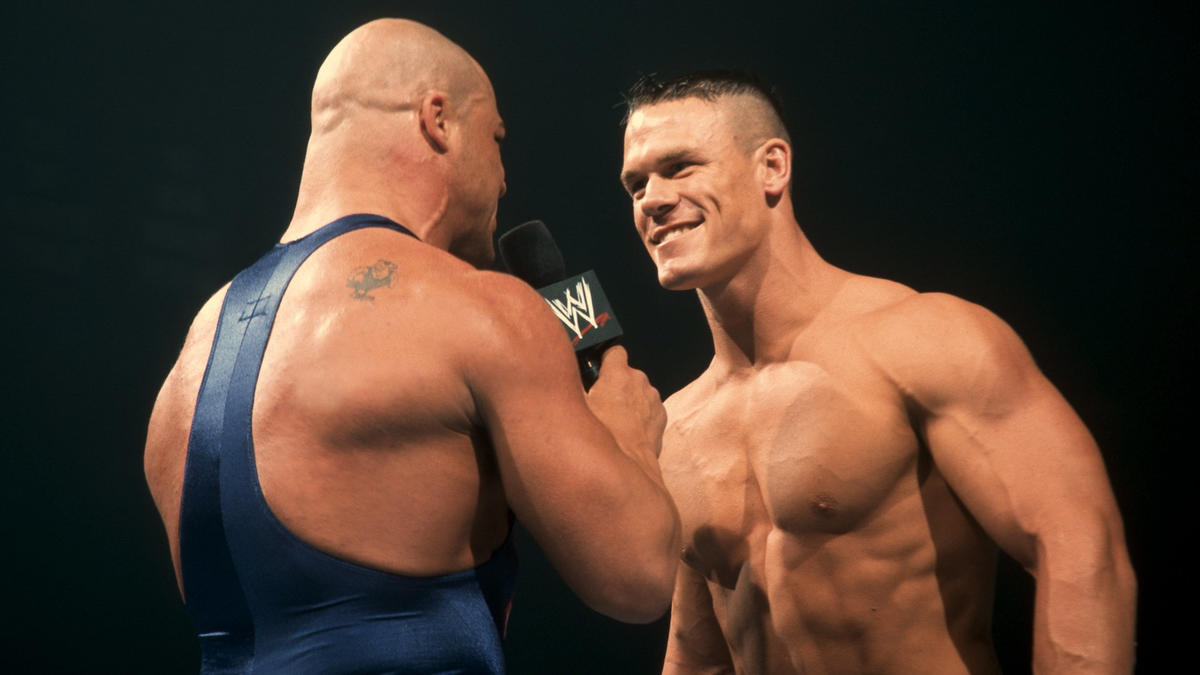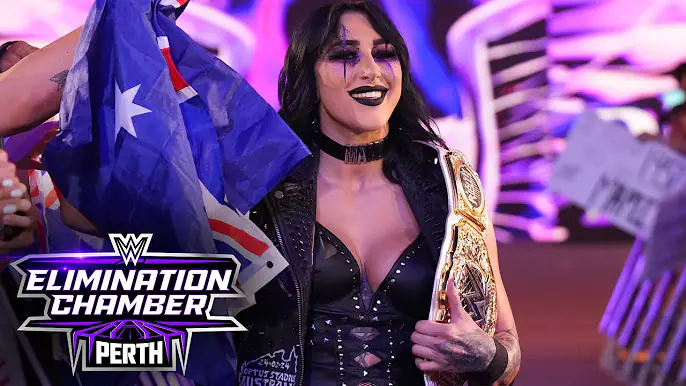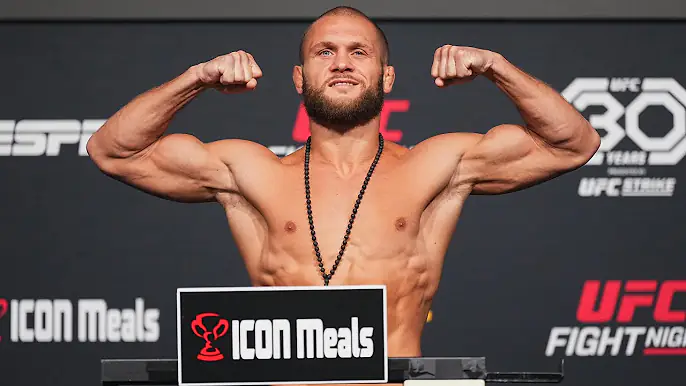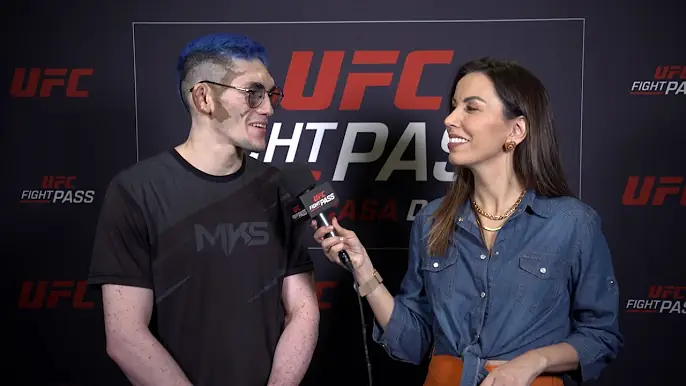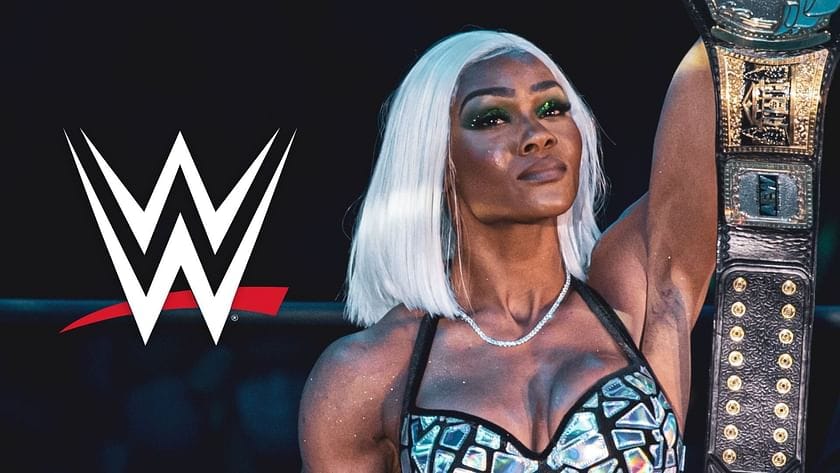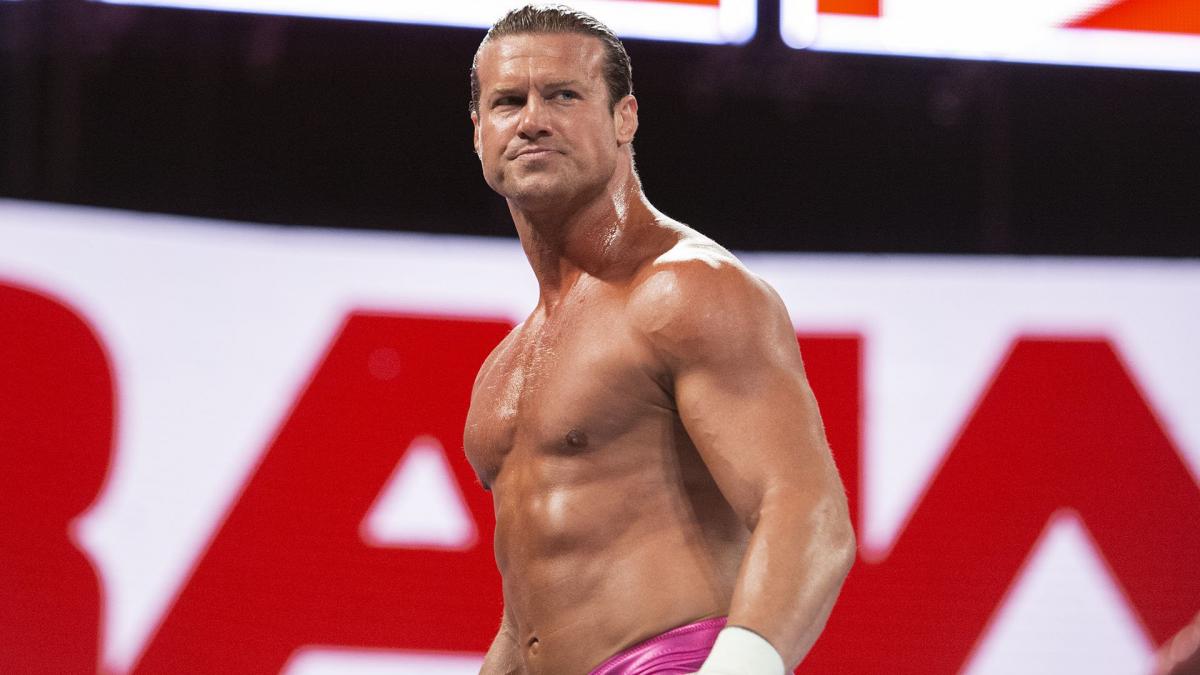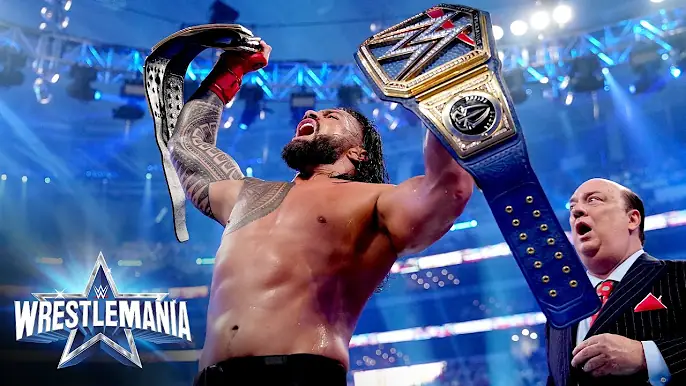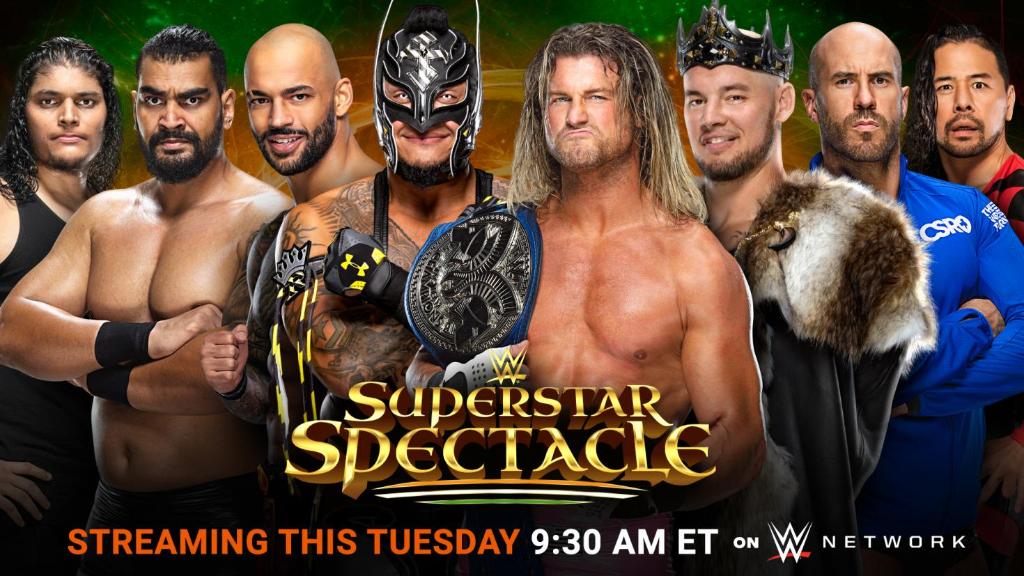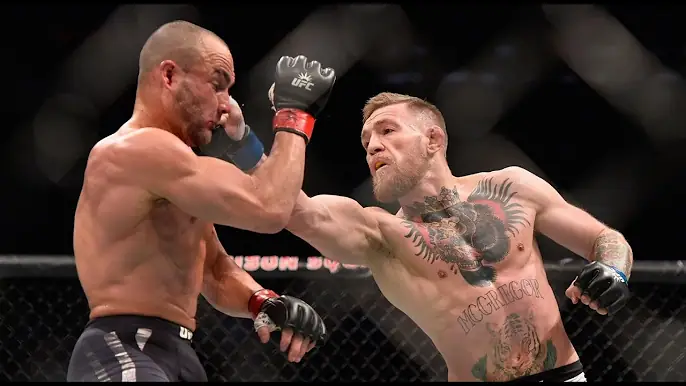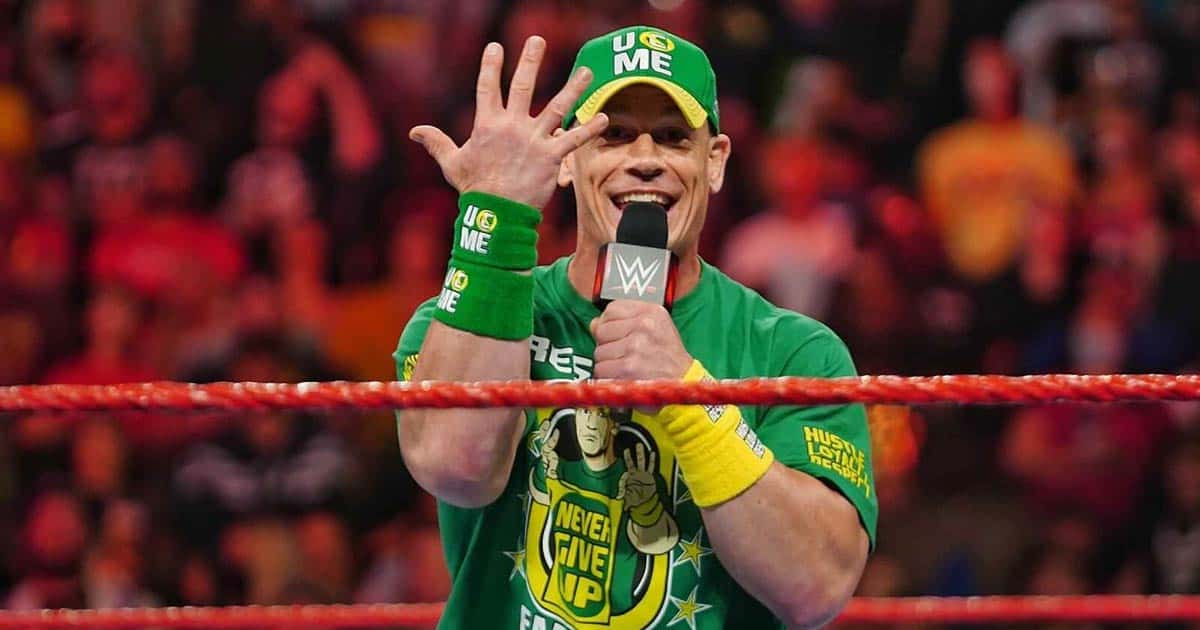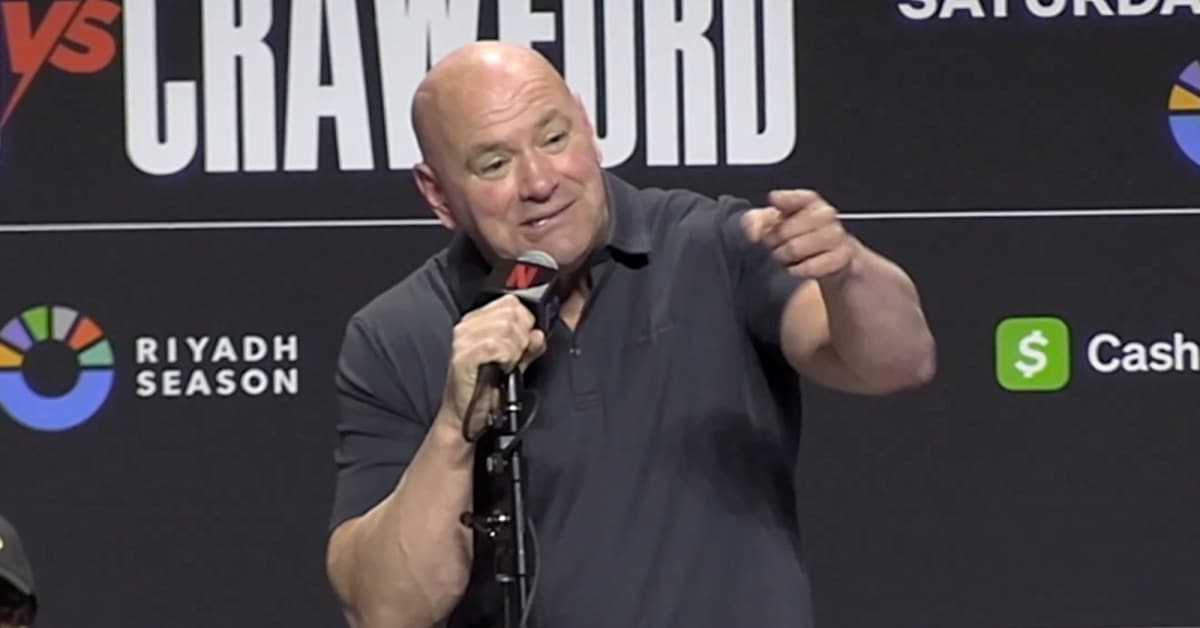The Evolution of Women’s Wrestling in WWE: A Retrospective
Women’s professional wrestling in WWE has taken such a fantastic turn over the years, changing from a sideshow attraction to a central pillar of that company’s brand. It was realized with significant milestones, groundbreaking performances, and a relentless push for equality and recognition. This overview covers some of the critical moments, influential figures, and cultural impact in the shaping of women’s wrestling in WWE.
Origins: The Pioneers
The roots of WWE women’s wrestling go back to the early 1950s, when there existed almost no female wrestlers in this male-dominated sport. She was one of the pioneers of the age: the Fabulous Moolah, or Mary Lillian Ellison. Holding the WWE Women’s Championship for 28 years has been an achievement.
It was dominant and skillful, but opportunities for women were open only minimally.
Email enjoyed a growth in visibility during the WWE’s seminal “Rock ‘n’ Wrestling Connection” era of the 1980s through the collaboration between Cyndi Lauper and the wrestler Wendi Richter. This culminated at 1985’s first WrestleMania and included the victory over Moolah in that aired event, the “Brawl to End it All.” MTV drew huge viewership, putting women’s wrestling on the mainstream radar.
Attitude Era: Theatrics Over Sport
The late 90s and early 2000s heralded the period WWE refers to as the Attitude Era. This time was viewed as a double-edged sword by WWE Divas. Even as it marked an era of enhanced screen time, the kind of focus it saw was more towards entertainment and titillation rather than athleticism. Most of the time, female wrestlers or Divas were used in storylines that emphasized sex appeal more than their ring prowess.
Bra and Panties matches, Evening Gown matches, and all other gimmick bouts became the norm and placed the women of WWE as nothing more than a side-show spectacle rather than a sport. End.
Yet, among all those struggles, a couple of women rose to attention: Trish Stratus and Lita figured prominently as both were respected for their athleticism and their telling the story in the wrestling ring. Their feud culminated in 2004 with the main event on WWE Raw, an honor then treasured by very few women and attributed to their value and skill while in the ring.
The Divas Era: A Touch of Change
The mid-2000s introduced the WWE Diva Search, which was a reality competition to find new female talent. The contest was dragged because it was superficial and read more like a contest about looks than actual wrestling ability. But women like Michelle McCool, Maryse, and Eve Torres started to emerge from this era, blending charisma with growing in-ring competence.
It’s at this time that WWE began to realize it would need a little more substance in its women’s wrestling. Beth Phoenix, nicknamed “The Glamazon,” shattered the mold with a powerful physical wrestling style, and Natalya Neidhart of the legendary Hart family displayed technical proficiency. These wrestlers, amongst the same company as Mickie James and Melina, along with several others, started to change the narrative, showing that women can deliver exciting matches.
The Women’s Revolution: Breaking Barriers
The actual turning for women’s wrestling in WWE started in the mid-2010s, as there was an increasing clamor for more severe and competitive matches involving women in the organization. The term about this period is the Women’s Revolution, and it was initiated, from the bottom up, by the female wrestlers in NXT, which was then WWE’s developmental territory. Instrumental to these efforts was the group known as the “Four Horsewomen” of NXT—Charlotte Flair, Sasha Banks, Becky Lynch, and Bayley.
These matches were critically acclaimed, with battles such as Bayley vs. Sasha Banks at NXT TakeOver: Brooklyn being touted as one of the top encounters of the year. The success of NXT’s women’s division brought about a push from fans and critics for the main roster to provide better exposure to its female talent. In 2015, the #GiveDivasAChance campaign began trending worldwide on social media as more reasonable opportunities for women in WWE were demanded by the public.
Responding to this cry, WWE rebranded the Divas Division to Women’s Division in 2016. They retired the Diva’s Championship and brought in the WWE Women’s Championship. This rebranding was in good faith and was set to portray that a female wrestler is taken as seriously and respectfully as any male wrestler.
Historic Firsts Women at the Helm
Since the rebranding, WWE has made great strides to promote women’s wrestling. A few historic firsts have taken place, which move boundaries and set higher standards. The first Women’s Royal Rumble match was seen in 2018, following the first Women’s Elimination Chamber match. Both matches had shown the depth of talent within the women’s locker room and proved WWE’s commitment to gender equality.
From here, the peak moved on in 2019, with Becky Lynch, Ronda Rousey, and Charlotte Flair coming from the main event of WrestleMania 35. That would be the first time women top the bill in a WrestleMania main event; that’s how far women’s wrestling has come.
The creation of the WWE Women’s Tag Team Championship in 2019 only opened up more space for expanding opportunities, different storytelling, and showing the variety of the female roster. Teams like The Kabuki Warriors and The Ionic showed the increasing depth and creativity in the division.
Cultural Impact and Worldwide Reach
The evolution of females in wrestling in WWE became a cultural phenomenon and an inspiration to all their fans worldwide. It reshaped the perceptions regarding female role models, crushed stereotypes, and also changed the rigid boundaries that were being created for the females in the role-play. These shifts came during more significant treatments in society on cultures of gender equality. Ironically, power-packed on authentic female empowerment, these movements resonated with WWE’s positions. WWE has transcended national borders, where women of all backgrounds found themselves at some point rising to the top seed and making it. Superstars such as Japan’s Asuka, Australia’s Io Shirai, and Rhea Ripley broke into WWE, introducing different styles and cultures to make the women’s division of WWE one of the best for a global audience. Back in 2019, WWE tipped the first-ever all-women’s pay-per-view event titled Evolution, a pay-per-view event featuring both past and present talent.
The event marks history in the growth of women’s wrestling and is the stage for monumental matches exhibiting wrestling legends from different generations.
The Future: Maintaining the Revolution
Most of all, though, WWE, on the whole, is promising when it comes to women’s wrestling because it continues to invest in a lot of female talent, including developing the next generation of top-tier stars, primarily from the Performance Center and NXT. Names like Bianca Belair, Rhea Ripley, and Raquel Rodriguez are already making huge impacts and carrying the torch forward. With one of the best commitments to diversity and inclusion in the industry, more opportunities for main-eventing and innovative storylines can be given to international talent. Women are the future in all walks of life, and with WWE’s status through partnership with change, they are likely to stay on the front line of leading and promoting their female athletes.
The evolution of women’s wrestling is a testament to the resilience of its performers, their talent, the shifting cultural landscape, and the power of the fans’ voices. From sideshow attraction to main event stars, women in WWE have been shattering glass ceilings and continue to do so for the inspiration of generations to come. The revolution has only just begun as the WWE Universe looks toward the future, clearly seeing that the lineage of Women’s Wrestling is about to become that much more critical.
